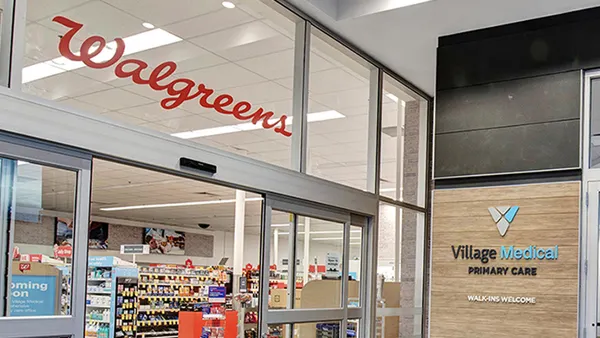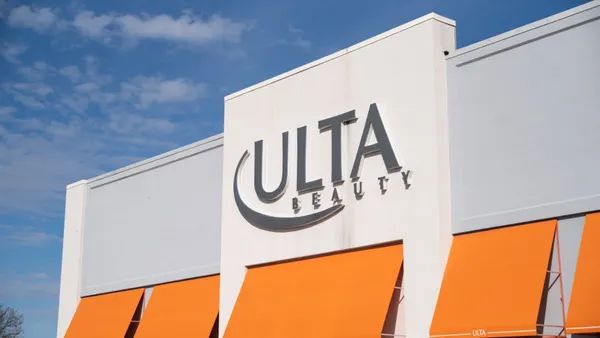Dive Brief:
-
Republicans on Thursday released a highly-anticipated tax reform bill that was lauded by retail industry trade groups, including the National Retail Federation and the Retail Industry Leaders Association. President Donald Trump is urging Congress to pass the measure though the House by Thanksgiving and finalize it by Christmas.
-
In a statement reacting to the legislation, NRF president and CEO Matthew Shay said passing tax reform by Christmas would be "the perfect present for the American people and the U.S. economy."
-
While both groups are still reviewing the details of the tax plan, which notably aims to reduce the corporate tax rate to 20%, RILA’s EVP of government affairs Jennifer Safavian said she was "strongly encouraged" that the plan will benefit businesses and families, according to a statement emailed to Retail Dive.
Dive Insight:
It’s been more than 30 years since the last time Congress passed major tax reform and retail trade groups, among other industry and lobby groups, have pushed aggressively for 2017 to be the year of tax reform. And they may just get their wish — at least according to President Trump, who tweeted his approval of the plan on Thursday evening.
Great Tax Cut rollout today. The lobbyists are storming Capital Hill, but the Republicans will hold strong and do what is right for America!
— Donald J. Trump (@realDonaldTrump) November 3, 2017
Retailers are eager for a sharply lower tax rate, as industry groups like NRF and RILA have long lamented the 35% effective corporate tax rate and they argue retailers pay among the highest industry rates. However, some research groups have called that into question. The Institute on Taxation and Economic Policy in March released a report that looked at 258 corporations, finding that between 2008 and 2015 effective industry tax rates ranged from 3.1% to 32.7%. The report found that those among the "retail and wholesale trade" category paid an effective tax rate of 31%, while those among "internet services and retailing" paid 15.6%.
Retailers argue that lowering the tax rate would also boost wages and create new jobs. An NRF analysis found that reducing the tax rate to 20% could result in the creation of between 500,000 and 1.5 million new jobs.
Working on tax reform this year has been a rollercoaster of emotions for retailers, which spent the great half of the year staunchly fighting off the passing of a border adjustment tax, an idea introduced by House Speaker Paul Ryan (R-WI) as a way to tax imports by 20% and offset the lower tax rate. The proposal stood to wreak havoc on the industry and spurred industry groups to band together in a coalition and call on high-profile CEOs to testify against it.
RBC Capital Markets analyst Scot Ciccarelli found that the earnings risk to six major U.S. retailers could have resulted in a $13 billion blow to their balance sheets, while Best Buy alone could have seen its annual earnings completely wiped out by such a tax. In July, retailers declared a victory upon the release of a joint statement from the White House and Republican leaders acknowledging that the BAT was off the table.
With less than two months until Christmas though, the timetable to push through tax reform is "ambitious" to say the least. Many onlookers see the end of year push on such a significant bill as unrealistic, but according to Shay, it’s doable. "Retailers are committed to getting this done and the legislation unveiled today shows that Congress is, too. It’s been a full generation since the last time our nation’s tax code was updated," he said. "Our economy can’t afford to wait another generation."













